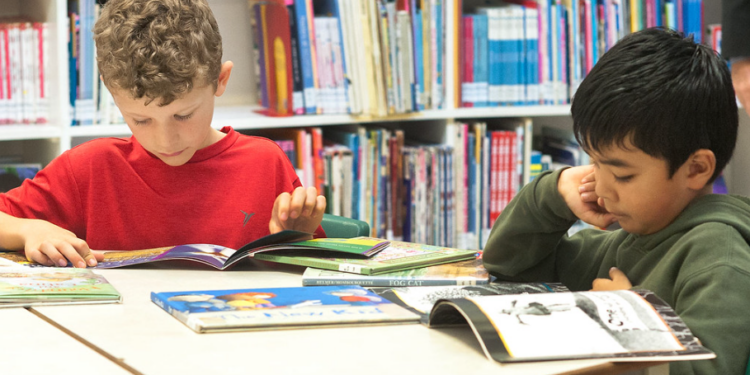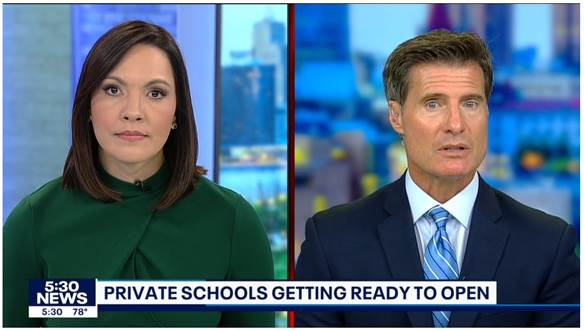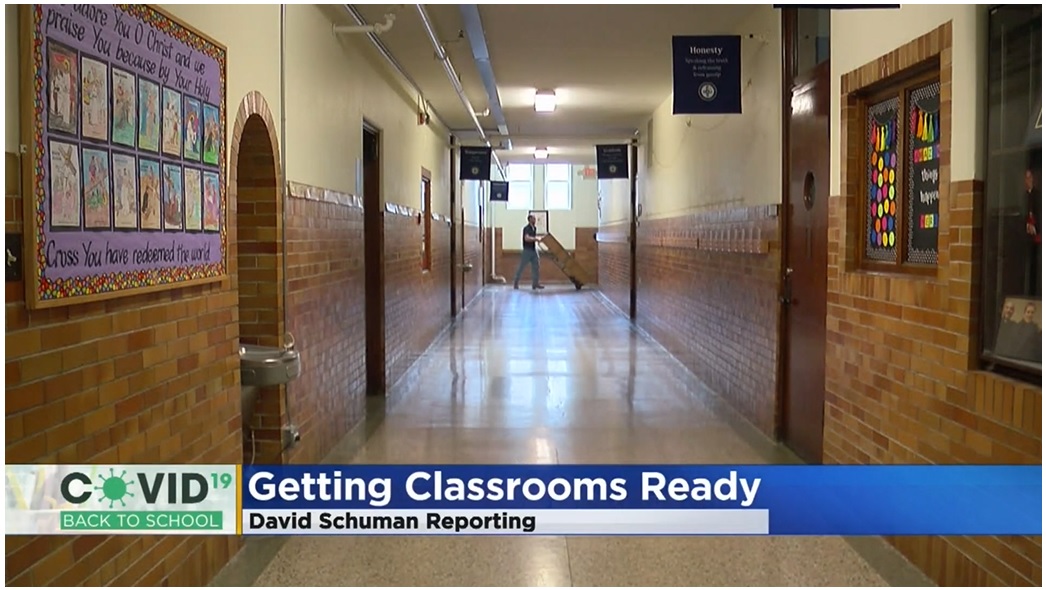If you’ve been keeping an eye on society lately, you may have noticed that there are a number of parents up in arms over the book selections found in school libraries.
Such alarm is widespread, and Minnesota is not exempt. Just last month, MPR News reported on the Bloomington school board meeting, which was reporting bigger crowds than normal with many parents showing up to express concerns over the “sexually explicit” books readily available to children in the district’s school libraries. Parents became aware of these books after an online petition circulated exhibiting some deeply disturbing passages from the titles in question.
“This is not about banning books,” the petition reads. “It is about protecting our children and using discernment for minors in the school setting. It’s about what is emotionally, physiologically, and mentally appropriate for all minors under the age of 18 to be reading.”
It seems today’s schools could take some lessons from those of a century ago.
Back around 1915, the Minnesota State High School Board released Minnesota School Library List, providing pages of recommended titles with which to fill the state’s school libraries. The titles are grouped by category and many denote the school grade for which they are appropriate.
Even more helpful than the lists of books, however, are the tips given to librarians and teachers on how to make wise and appropriate book selections for the children these libraries served.
Books should be chosen to bolster the lessons learned in the classroom, the tips explained, and should teach students “to observe the things about them as well as giving them some knowledge of the world.” The books in a school library should cover a wide variety of topics, especially those which “meet the children’s interests” and “develop talents.” Choosing books “which are generally accepted as the best of the world’s literature,” is another recommendation, some of which include:
Alcott, Little Women; Bunyan, Pilgrim’s Progress; Baldwin, Story of Siegfried; Carroll, Alice in Wonderland; Grimm, Fairy tales; Hawthorne, Wonder book; Harris, Uncle Remus; Kipling, Jungle book; Lamb, Tales from Shakespeare; Macleod, Book of King Arthur; Mother Goose; Stevenson, Childs’ Garden of Verses; Treasure Island.
But then the list lays out some guidelines that today’s library boards might not be too keen to hear:
“In selecting stories, choose those which are strong in human interest, but which preserve the right ideals of conduct and achievement,” reads one of the recommendations [emphasis added]. Would the books in today’s libraries which freely talk about gender transition and different sex acts fit the mold of “right ideals of conduct”? That’s doubtful.
“Always choose the books with the pupils in mind,” another tip exhorts, “selecting those which are easily within their comprehension.” Are explicit sexual practices or methods of gender transition really ones we want students to comprehend at a young age? Probably not.
And finally:
Select only those which are wholesome in tone, which are written in good English, and which contain enough information, beauty or enjoyment to make them worth while [emphasis added]. Do not select any books because they are harmless, but select them because they will contribute to the life and work of the school.
In other words, does a book promote the good, the true, and the beautiful? If not, it really shouldn’t have a place in the school library.
Is it likely that today’s public school libraries will take the advice of their predecessors a century ago? Given current trends, that seems unlikely … which is exactly why today’s parents need more options than simply their local public school.
If parents believe that the material in their child’s school library is inappropriate, then they should be able to remove that child, find a school that has wholesome, age-appropriate library books, and send that child there instead, letting the education dollars allotted for that student follow their child through an Education Savings Account (ESA).
And parents who are just fine with their children having readily accessible, sexually-explicit material can continue sending their children to public schools like those in the Bloomington school district. Lines drawn clearly, arguments solved. Wouldn’t that be a refreshing and honest change?
Now if only the Minnesota Legislature could understand all the conflict and division implementing ESAs in the state would solve. That way, Minnesota parents could actually judge a school by the book covers in its libraries.
—
Image Credit: Flickr-Government of Prince Edward Island, CC BY-NC-ND 2.0












![[downloaded during free trial]](https://oakmn.org/wp-content/uploads/2025/11/iStock-1430368205-120x86.jpg)
